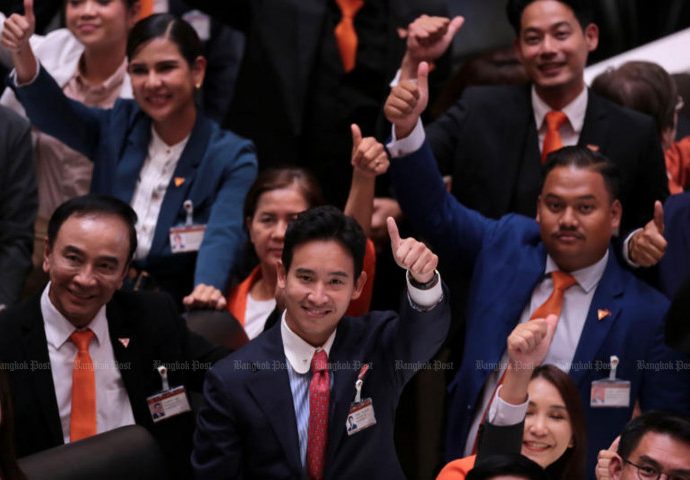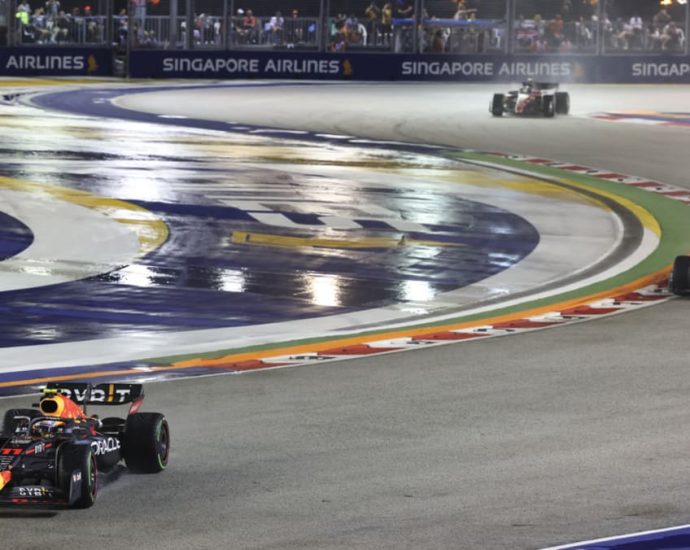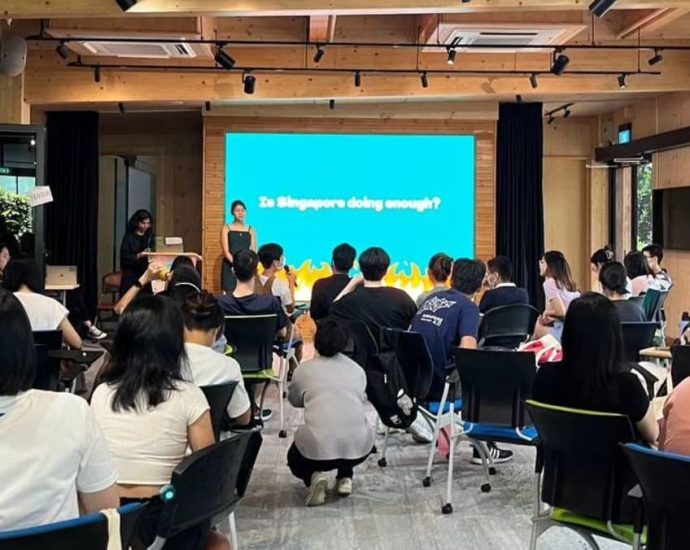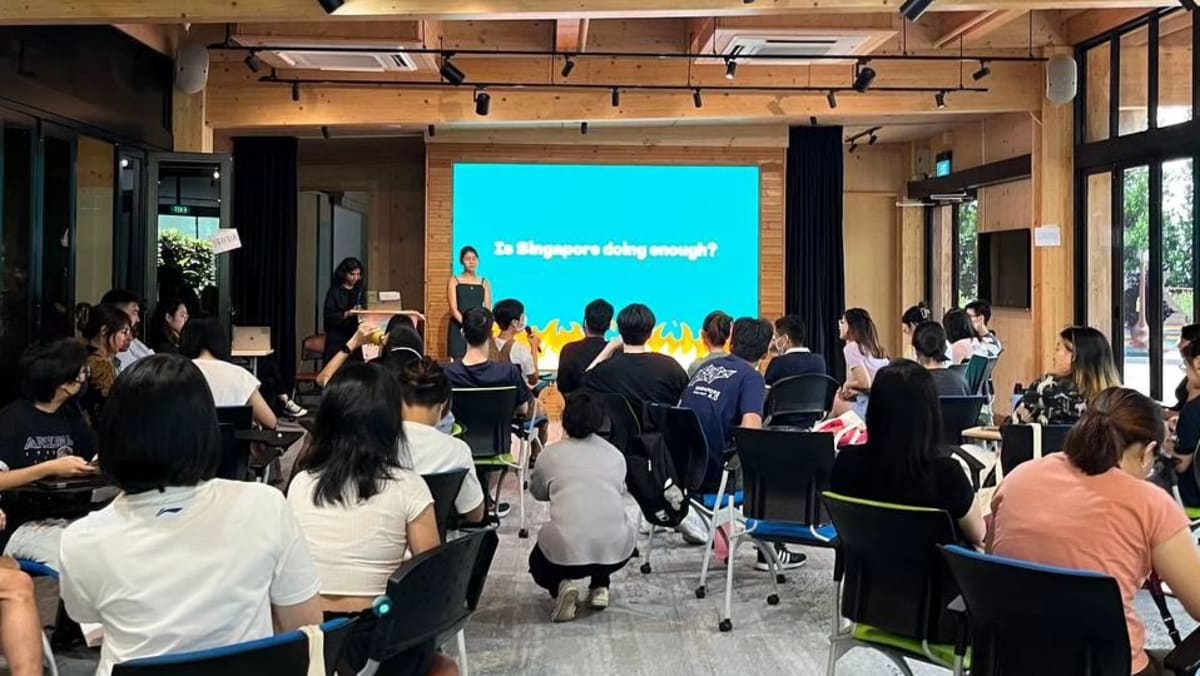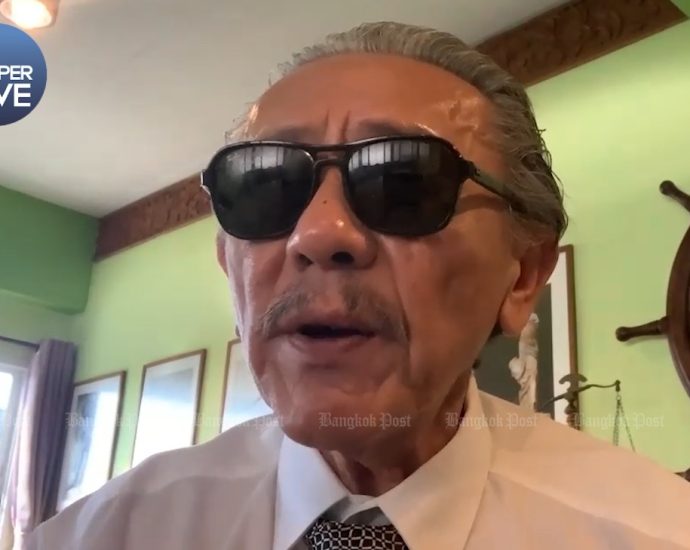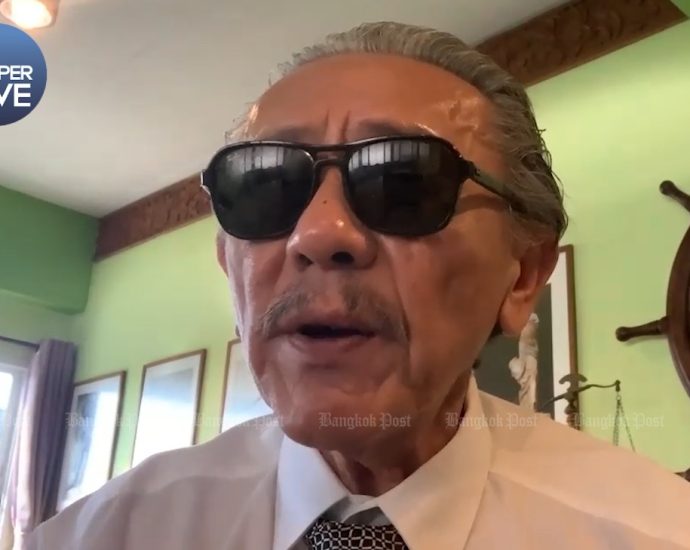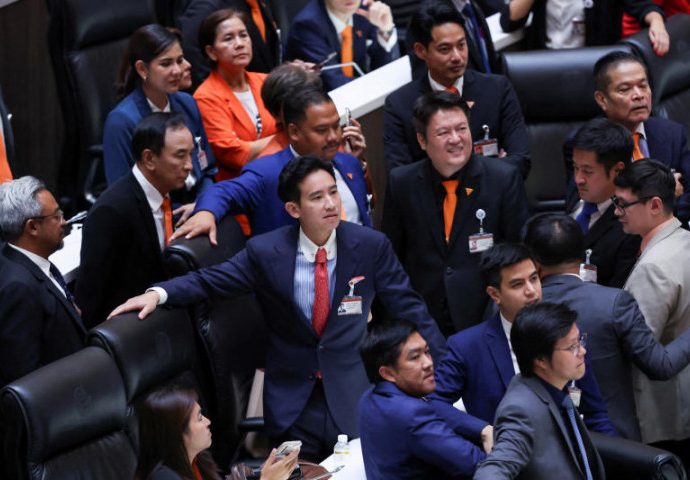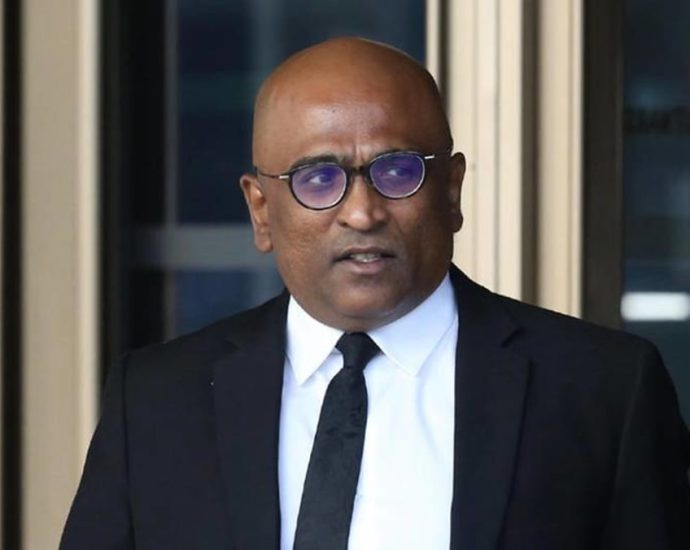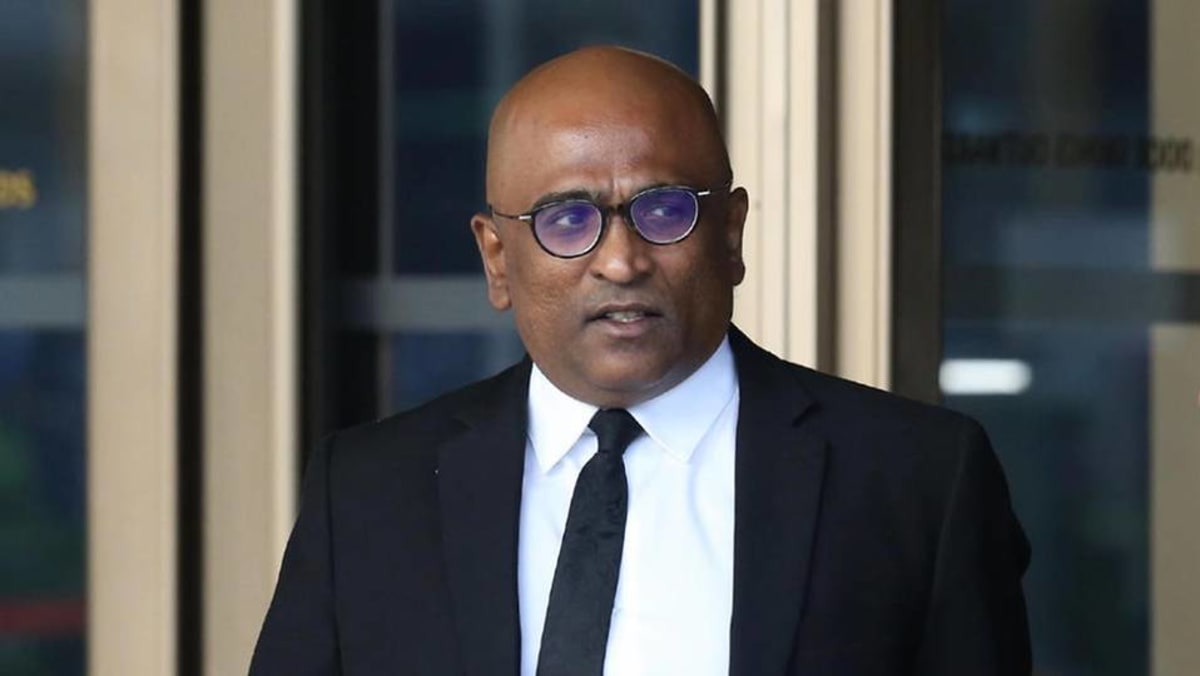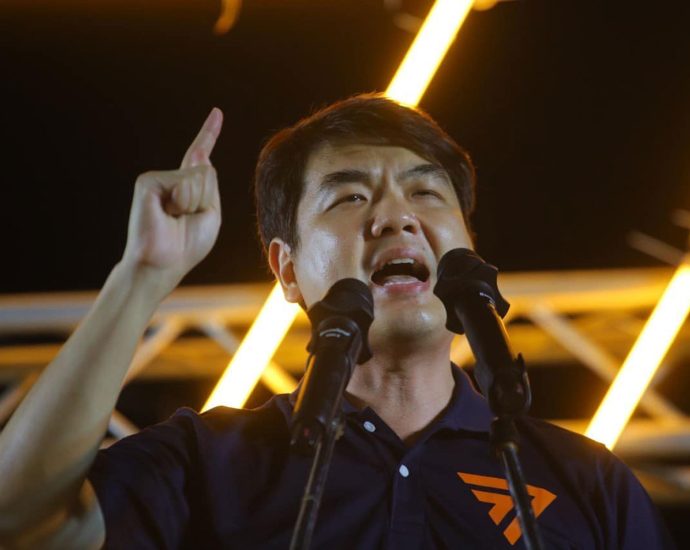Flight risk, offence severity among factors for setting S$100,000 bail: Lawyers on Ong Beng Seng’s arrest

Mr Jeremy Pereira, a senior associate at Withers KhattarWong, said that the bail of S$100,000 “could be considered low especially when one takes into account (Mr Ong’s) high net worth”.
The amount “may not be indicative of the scale of the investigations, but likely that they don’t consider him that much of a flight risk”, he said.
Mr Ong and his wife, Singaporean businesswoman Christina Ong, were ranked 24th richest in Singapore last year and estimated by Forbes to have a net worth of US$1.75 billion (S$2.3 billion).
But Mr Wee, who focuses on white collar offences, said that the personal assets of a suspect who is being offered bail are not an important consideration.
“LESS OF A FLIGHT RISK”
“Having assets within the country is a positive thing for the person who’s being investigated … it suggests less of a flight risk,” he said.
“And I would also say that it may not be fair to set bail at a higher amount just because someone has more assets, because then the person’s not being treated equally.”
As for the matter of Mr Ong’s nationality, “the fact that a person is not a Singaporean does not in itself make that person a higher flight risk”, said Mr Shashi Nathan, partner at Withers KhattarWong.
He added that having business operations in multiple countries does not in itself increase or decrease flight risk.
“An assessment would have to be made to calibrate the amount of bail sufficient, not only to allow the person to be released from custody, but also to travel out of jurisdictions if necessary,” said Mr Nathan.
HPL owns and operates hotels under the brands of Four Seasons, COMO Hotels & Resorts, InterContinental Hotels Group, Six Senses, Marriott International, Hard Rock Hotels and Concorde, as well as shopping malls.
The businesses span the globe, with operations in Singapore, Malaysia, Thailand, Maldives, Indonesia, Seychelles, the United Kingdom, the United States, Vanuatu, Bhutan, Tanzania, South Africa, Italy and Sri Lanka.
Mr Pereira said that the bail amount is usually higher for foreigners with no roots in Singapore, but as Mr Ong has roots here, such as property and businesses, these would have been taken into consideration.
“If he has assets overseas and can essentially live comfortably without having to ever return to Singapore, this would also be a factor which would have been taken into account,” he added.


